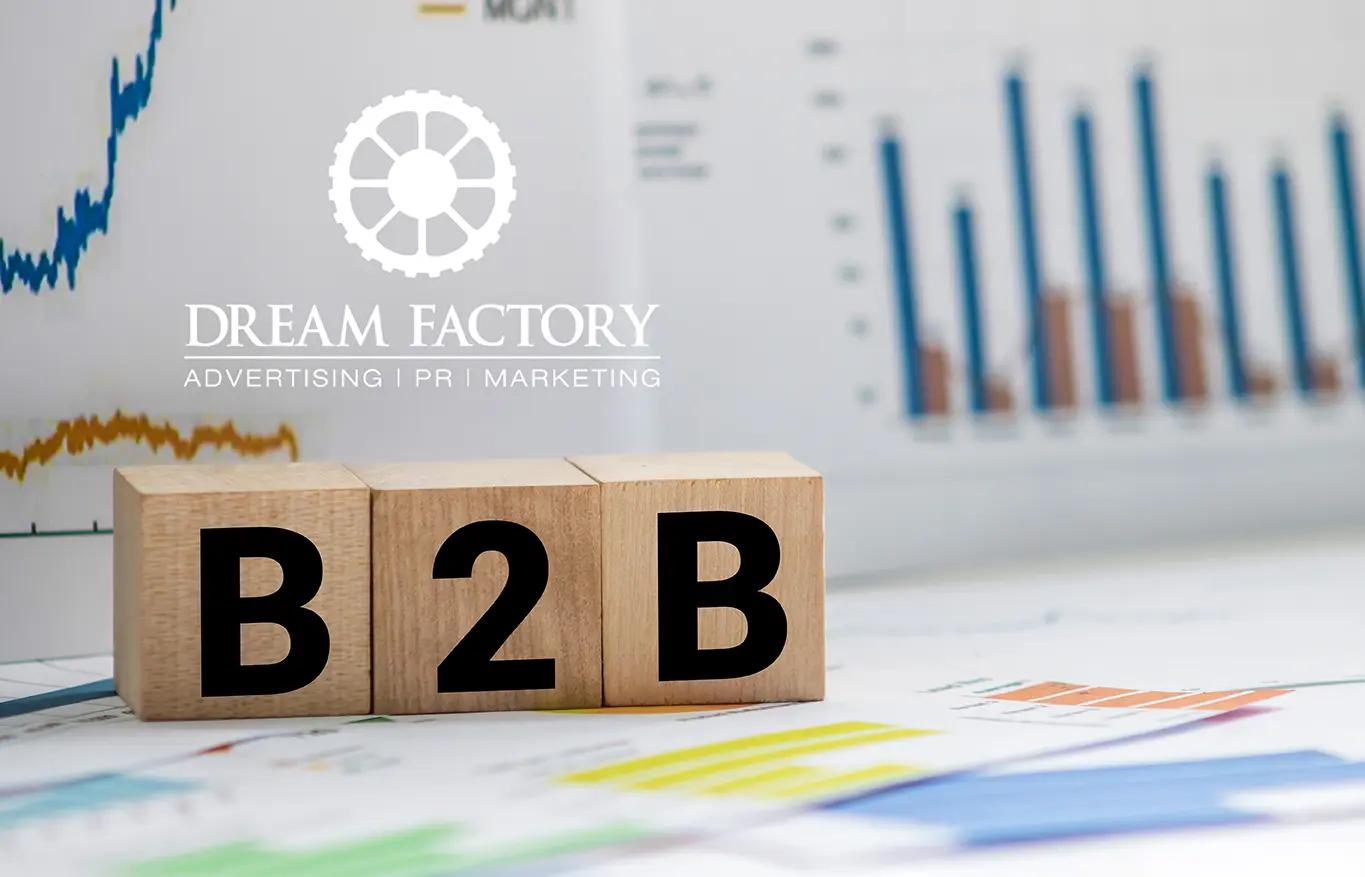
What Are the Advantages of Cloud Accounting Over Traditional Systems
Cloud computing has revolutionised the way businesses operate, and accounting is no exception. Traditional accounting systems are slowly becoming obsolete as more and more companies switch to cloud-based solutions. If you’re considering making the move to cloud accounting, then this ultimate guide is for you.
Cloud accounting is a type of online accounting software that allows users to access and manage their financial data through the Internet. It operates on a remote server rather than being installed on individual computers or servers, making it accessible from any location with an internet connection.
Traditionally, accounting has been about ledgers, tedious manual entries, and localised software, often leading to delayed financial reporting and significant use of paper. Contrastingly, cloud accounting harnesses the power of the internet, providing secure, instant access to financial data through software hosted on remote servers.
Accessibility and Data Security: How Cloud Accounting Wins
- Anywhere Access: Unlike traditional systems confined to specific computers or local servers, cloud accounting ensures your financial data is always at your fingertips—whether you’re in the office, at a coffee shop, or on vacation.
- Enhanced Security: Cloud providers invest heavily in securing their platforms against data breaches, offering encryption and multi-factor authentication, a level of security that’s rigorous and often unachievable by small businesses on their own.
Cost-Efficiency and Scalability: Advantages of Cloud Over Traditional
- Reduced Initial Costs: Cloud accounting operates on a subscription basis, eliminating the need for heavy initial investments in software or server infrastructure.
- Easy Scalability: As your business grows, cloud services can easily scale alongside, offering more storage or advanced features without significant disruptions or upgrades needed from your end.
Real-Time Collaboration and Updates: A Benefit for Small Businesses
- Simultaneous Collaboration: With data stored in the cloud, your team can collaborate in real-time, regardless of their physical location. This enhances efficiency and decision-making.
- Automatic Updates: Cloud accounting software updates automatically to comply with the latest tax rates and financial regulations, ensuring your business remains on top of compliance without manual intervention.
Integration with Apps and Future-Proofing: The Flexibility of Cloud Accounting
- Broad Integration: Cloud platforms often integrate seamlessly with a wide array of apps and services, from payment processing to customer relationship management, and streamlining workflows.
- Future-Proof: With continuous updates and a focus on the latest technology trends (like AI and machine learning), cloud accounting software evolves to meet future demands, keeping your accounting practices modern and compliant.
Environmental Impact: The Green Advantage of Cloud Accounting
- Reduced Paper Usage: Transitioning to a digital platform, cloud accounting significantly decreases the reliance on paper, contributing to environmental conservation.
- Energy Efficiency: Data centres hosting cloud services are designed to operate with maximum energy efficiency, reducing carbon footprint compared to traditional in-office servers.
User-Friendly Interfaces and Support: Enhancing User Experience
- Intuitive Design: Cloud accounting software is crafted with the end-user in mind, featuring intuitive interfaces that simplify complex accounting tasks.
- Continuous Support: Most cloud accounting platforms offer 24/7 support via live chat, email, or phone, ensuring users can resolve issues promptly and keep their financial operations running smoothly.
Automated Backups and Disaster Recovery: Ensuring Data Continuity
- Regular Automated Backups: Cloud accounting systems automatically back up data at regular intervals, ensuring that your financial information is always up-to-date and can be restored quickly in the event of a system failure or data loss.
- Disaster Recovery Capabilities: With data stored in the cloud, businesses benefit from robust disaster recovery solutions. In case of any catastrophic event, your financial data remains secure and accessible from anywhere, minimising downtime and loss.
Compliance and Financial Reporting Made Easy
- Simplified Compliance: Keeping up with the constantly changing tax laws and financial regulations is straightforward with cloud accounting. The software updates ensure compliance without requiring manual input from the user.
- Advanced Financial Reporting: Cloud accounting offers advanced reporting features, enabling businesses to generate detailed financial reports and analytics at the click of a button. This aids in strategic planning and financial management, offering insights that were harder to access with traditional methods.
Conclusion
In conclusion, cloud accounting offers a host of advantages over traditional systems, including accessibility, enhanced data security, cost-efficiency, real-time collaboration, integration with apps, environmental impact, and user-friendly interfaces.
As businesses continue to embrace digital transformation and seek effective solutions for managing their financial data securely and efficiently, it’s evident that cloud accounting is the future. With its continuous updates and focus on user experience, cloud accounting is set to revolutionise the accounting world for years to come.




